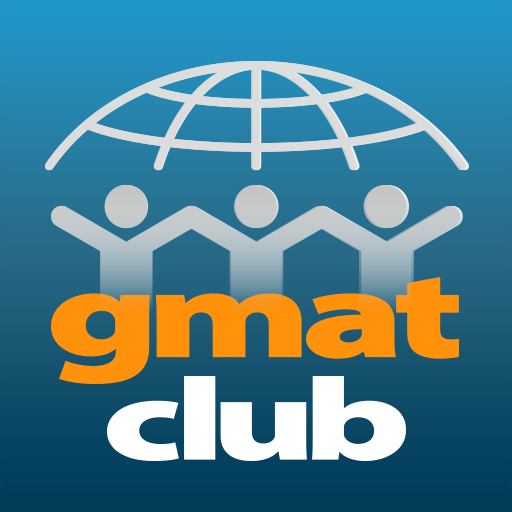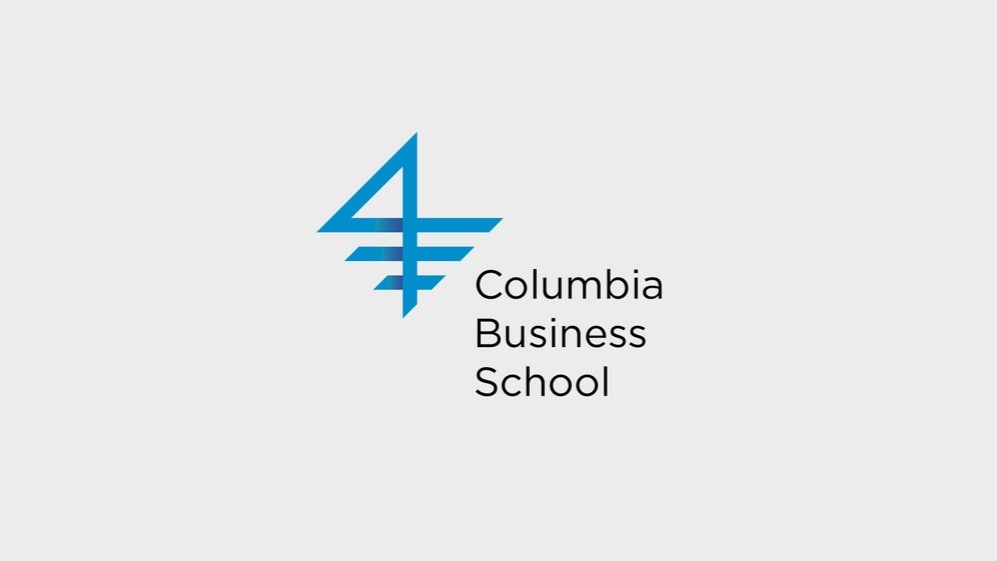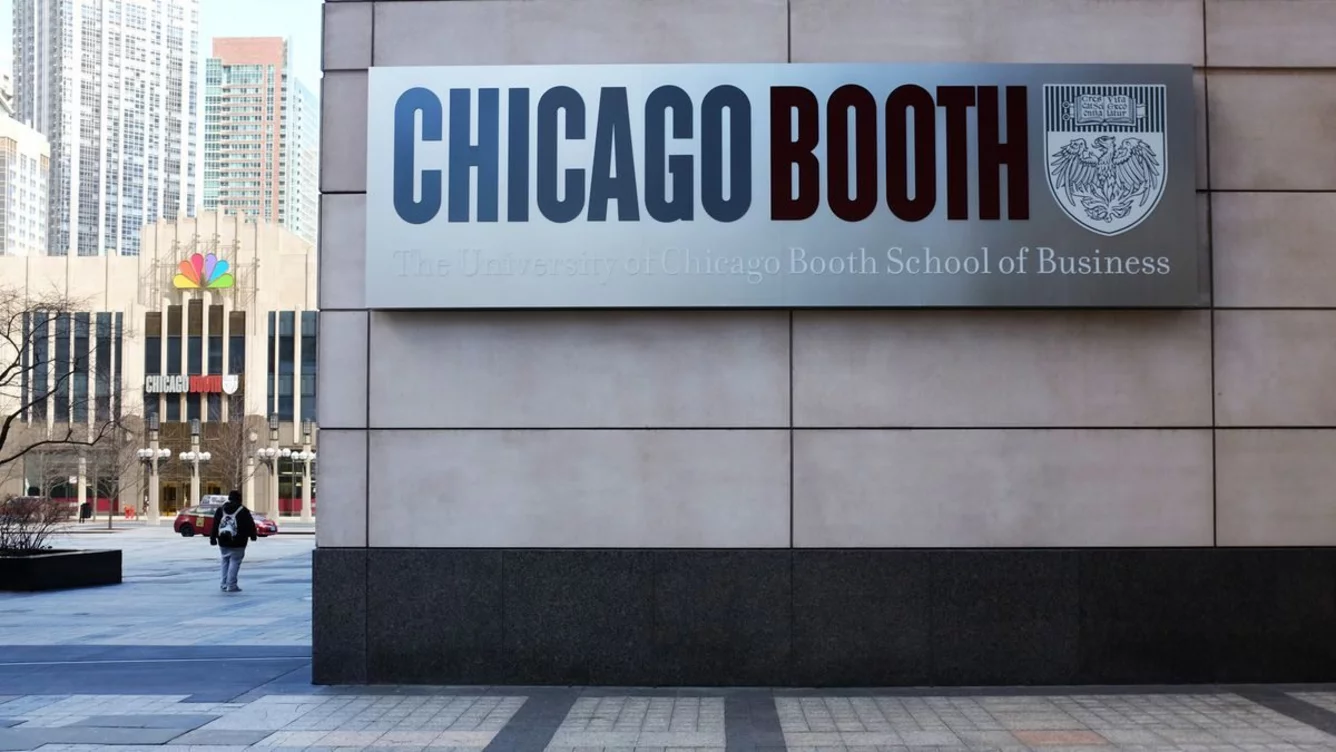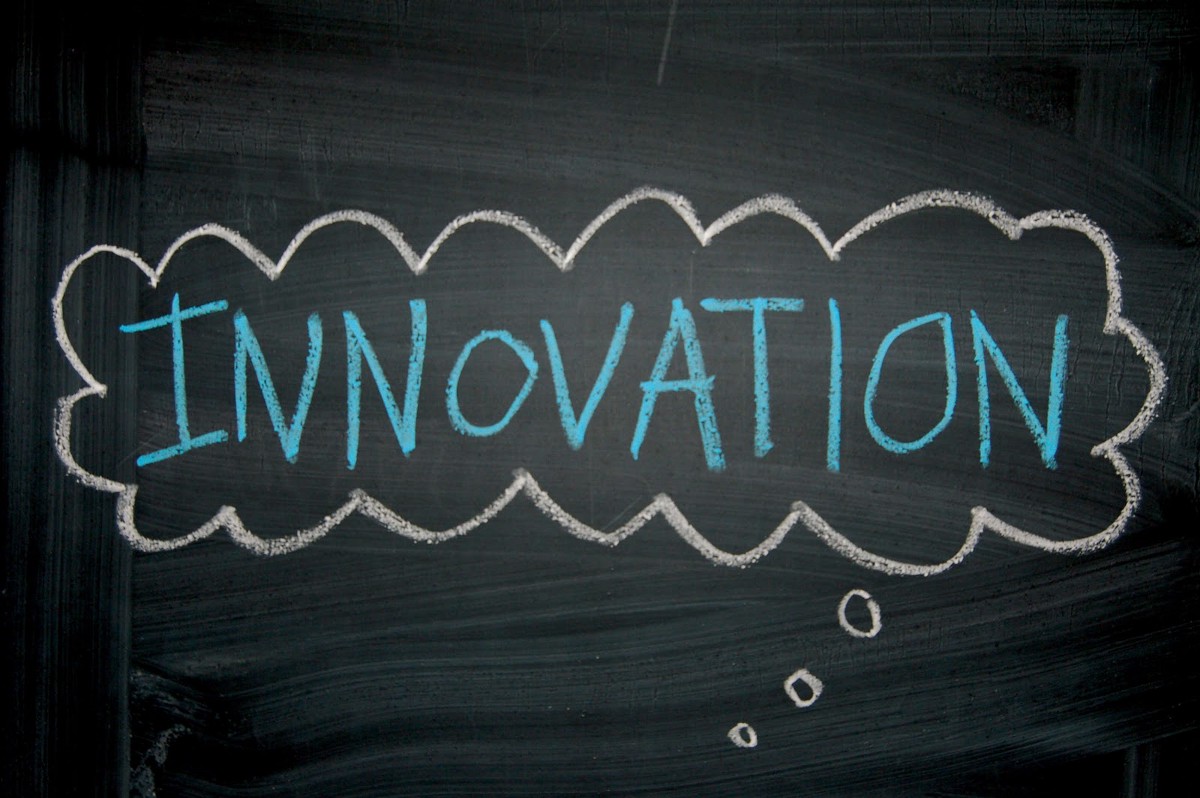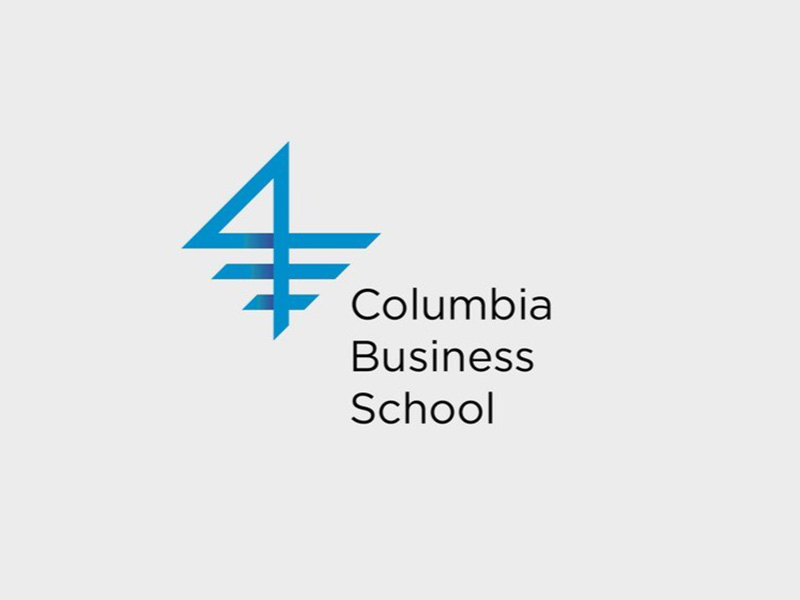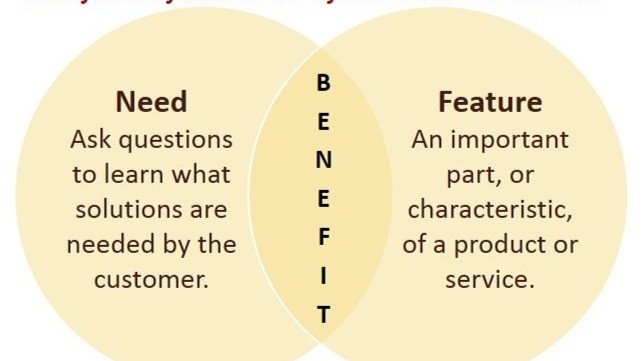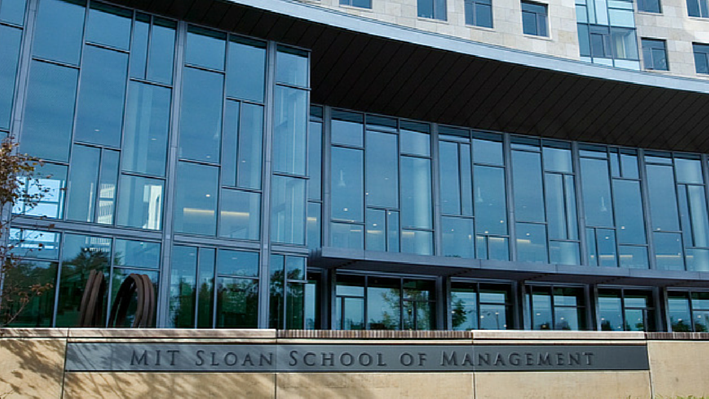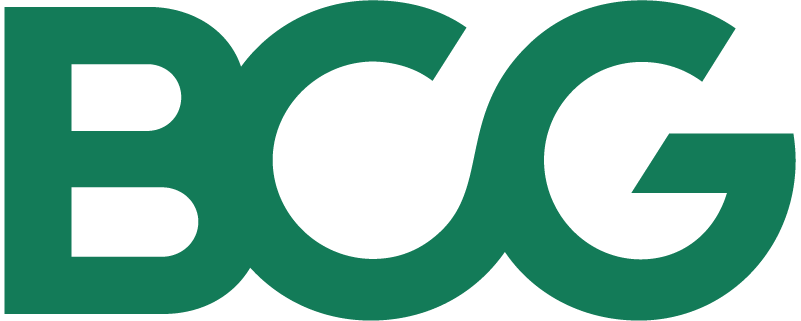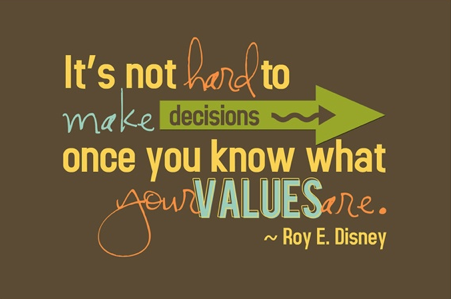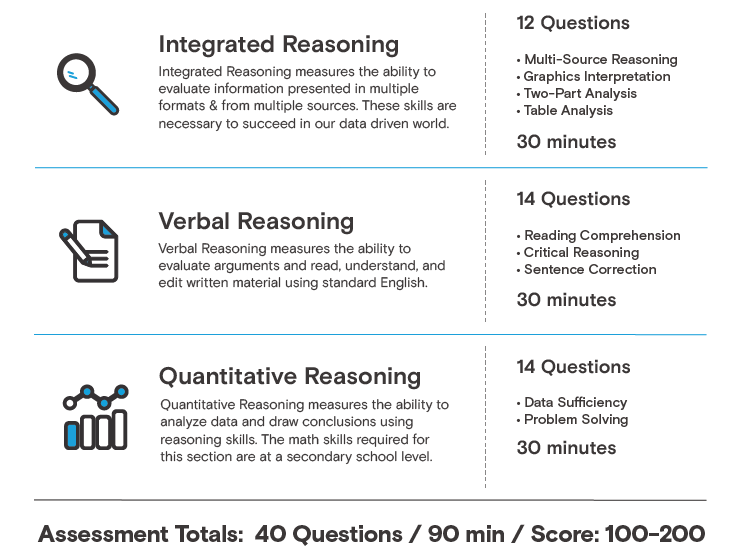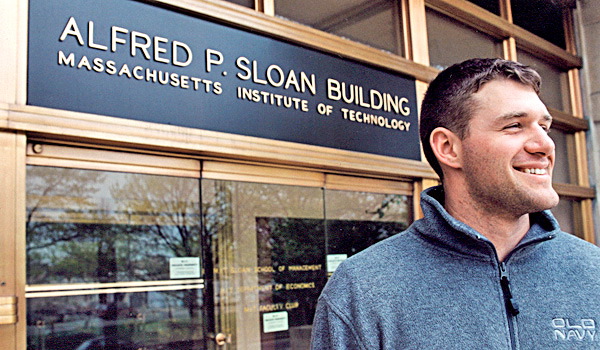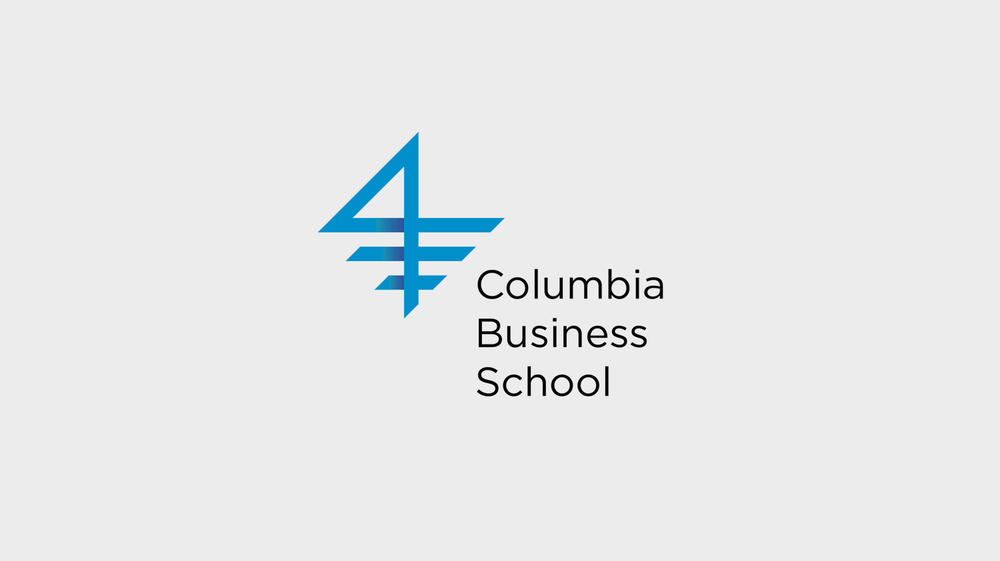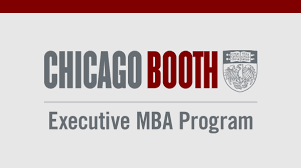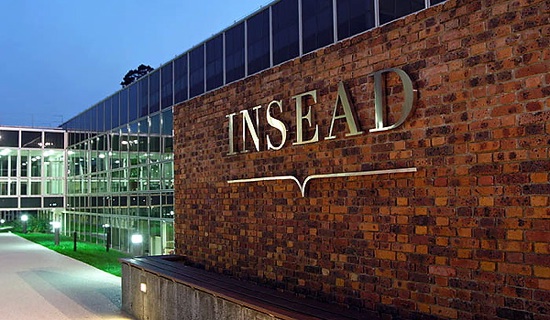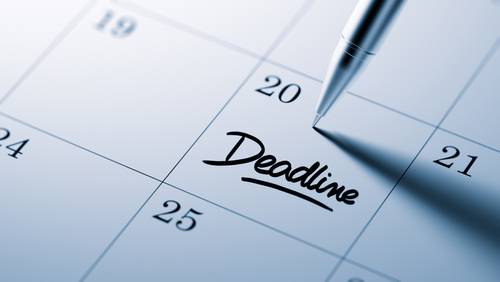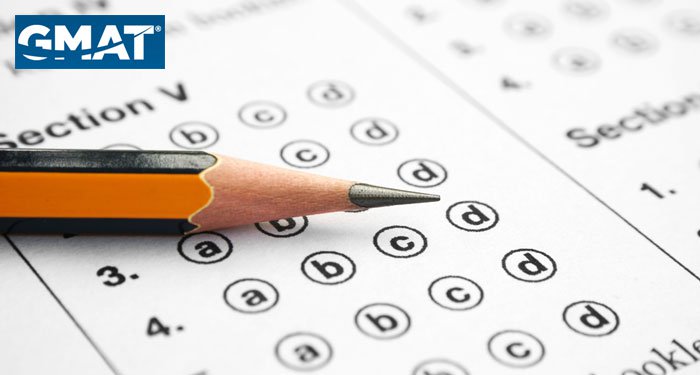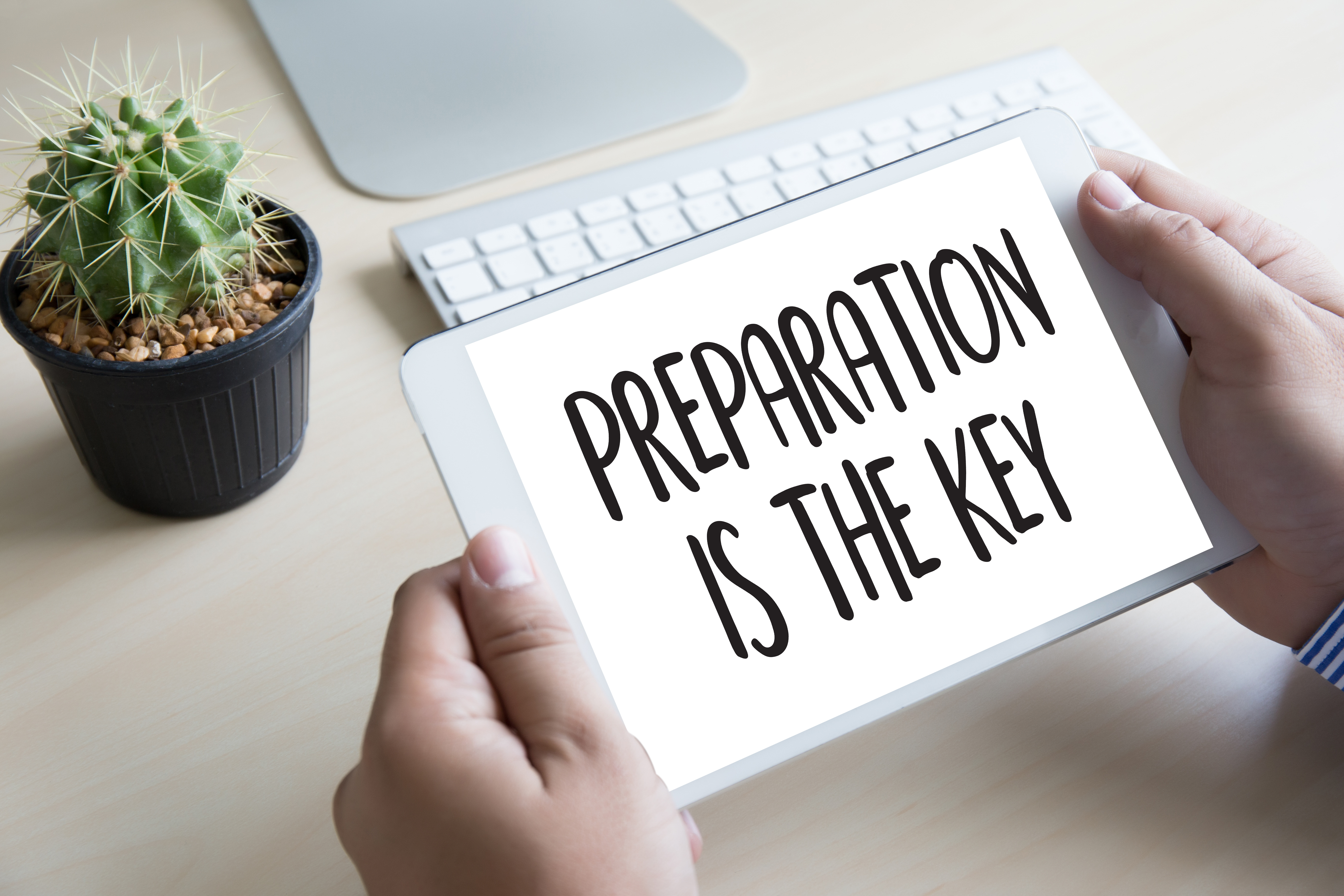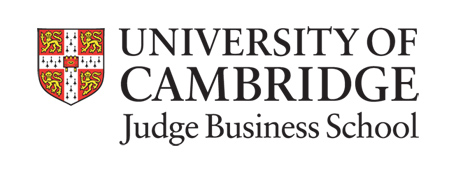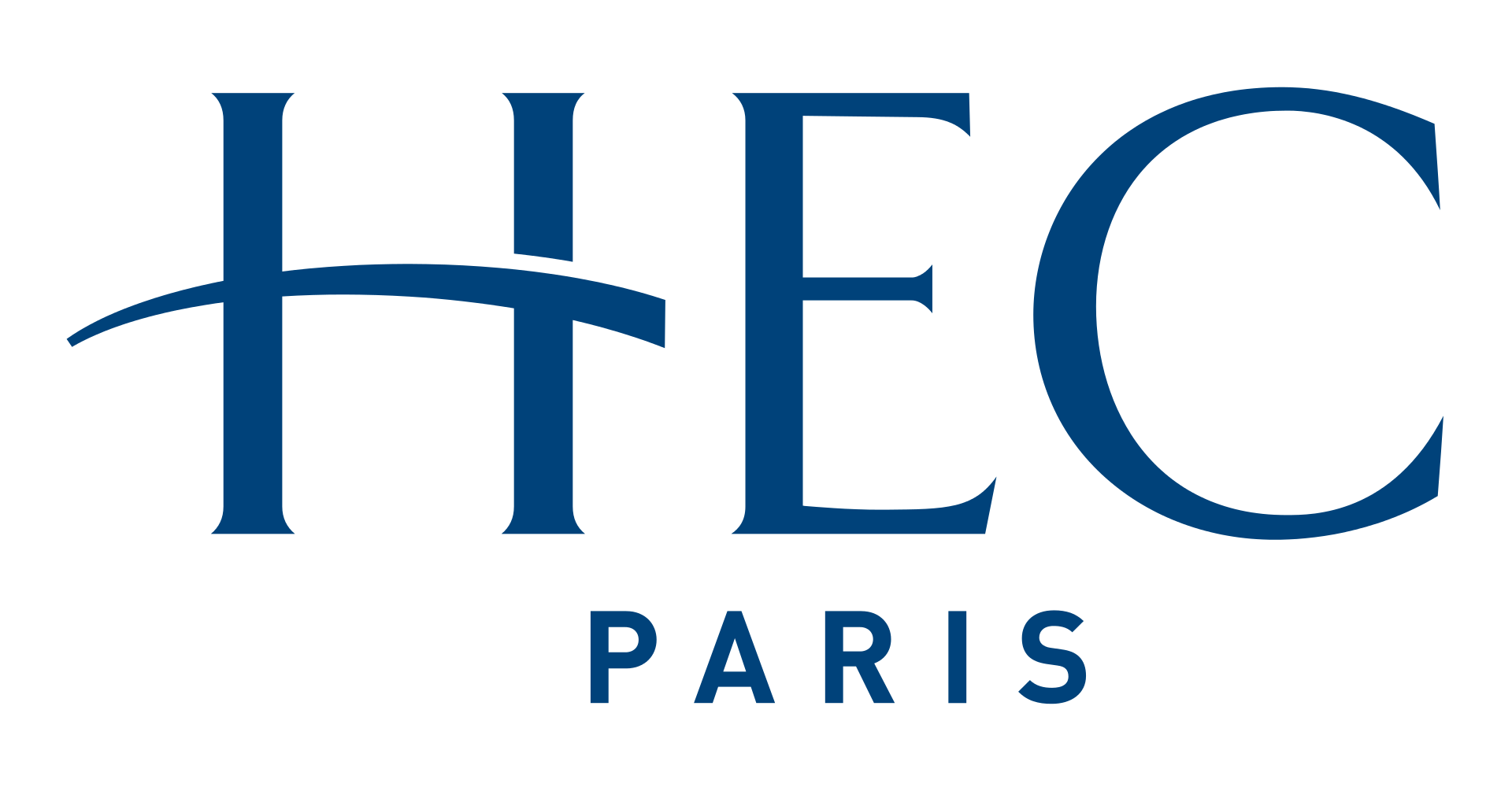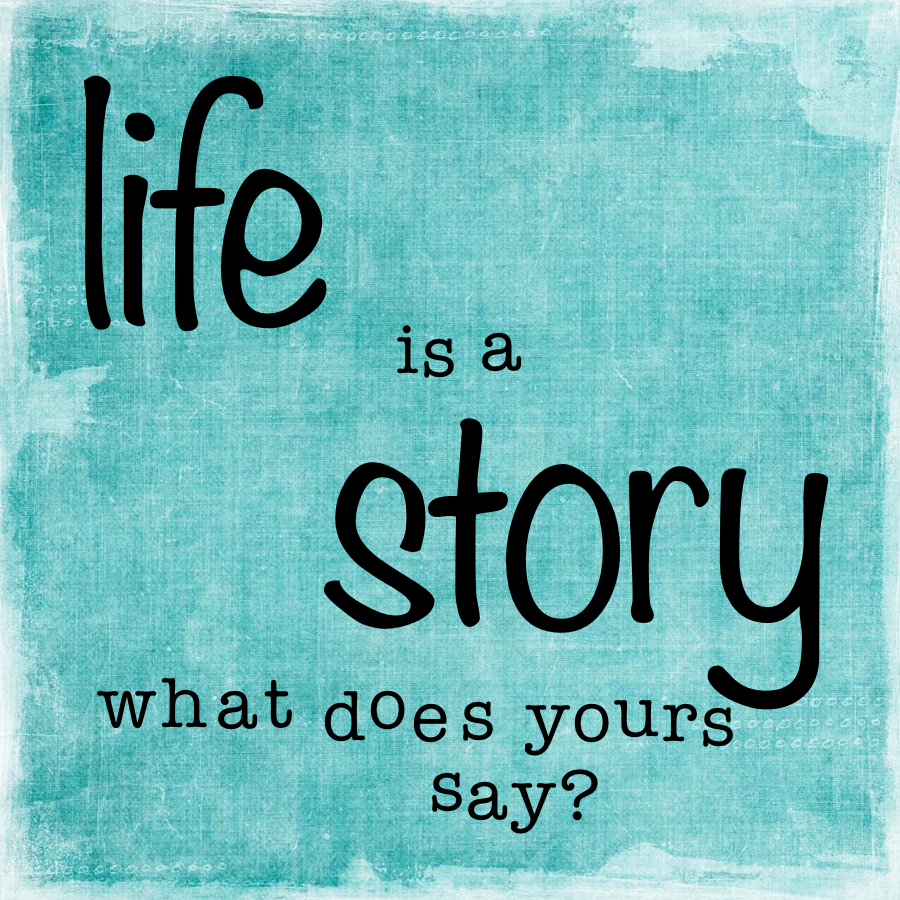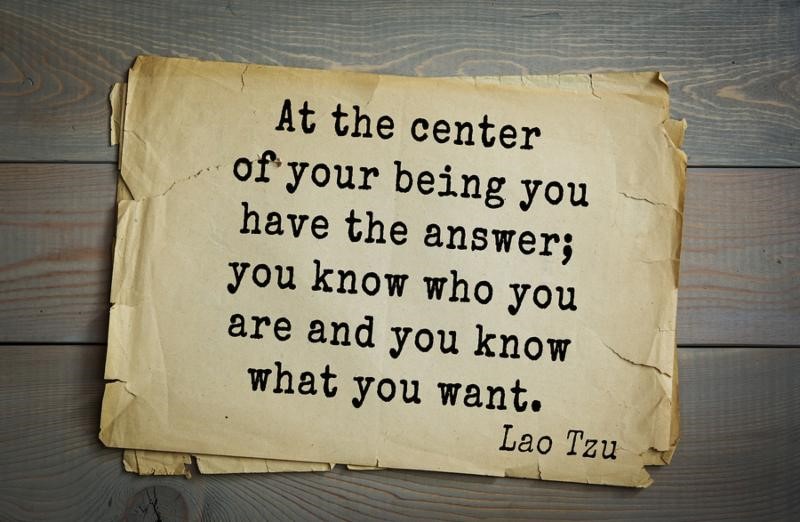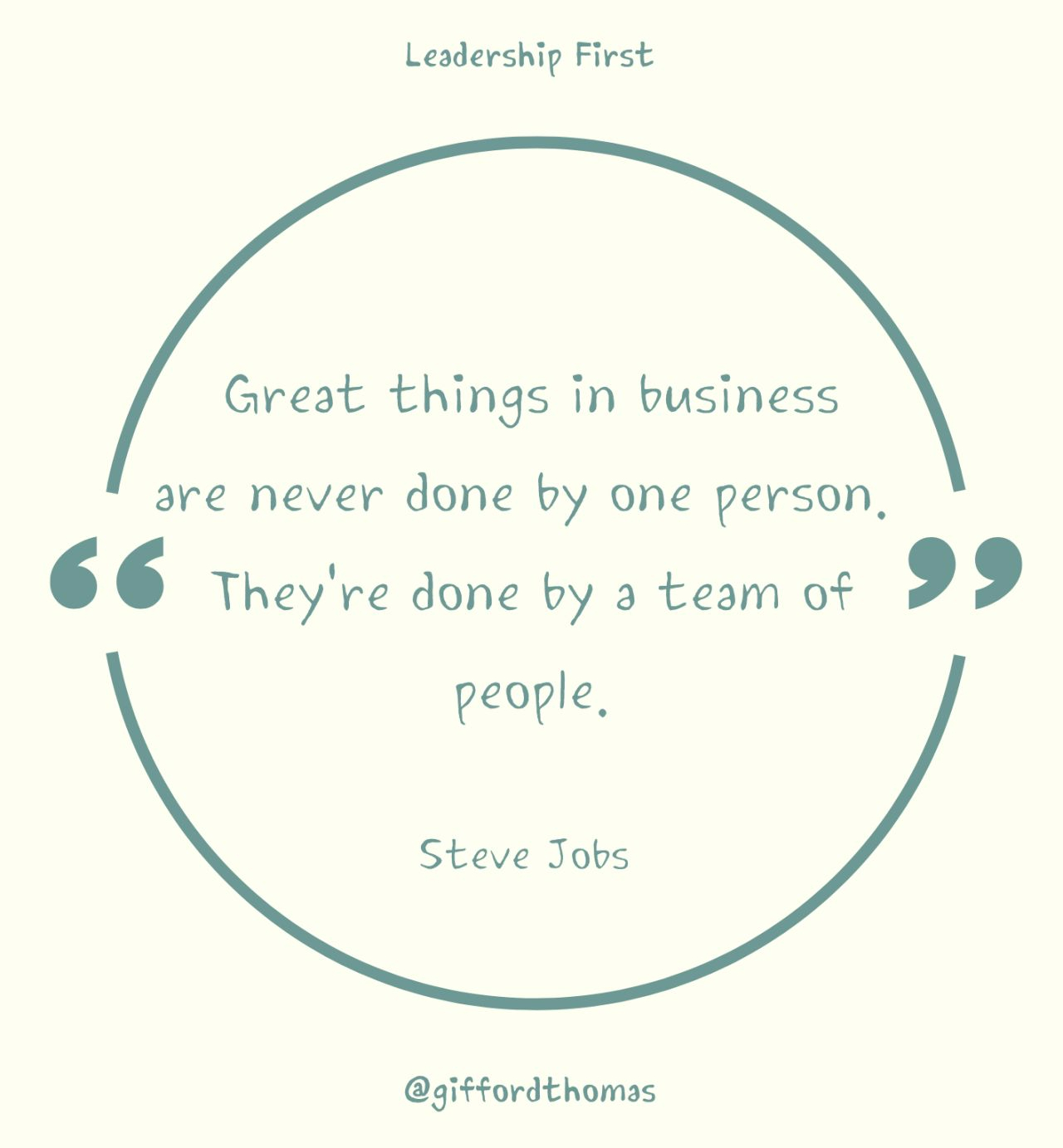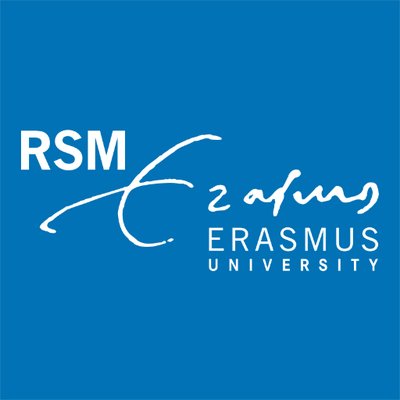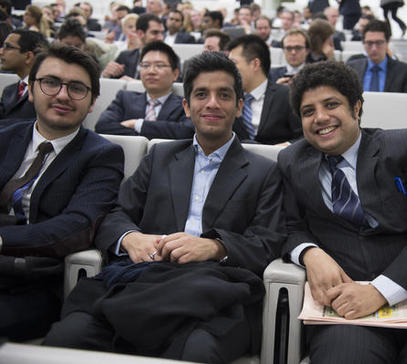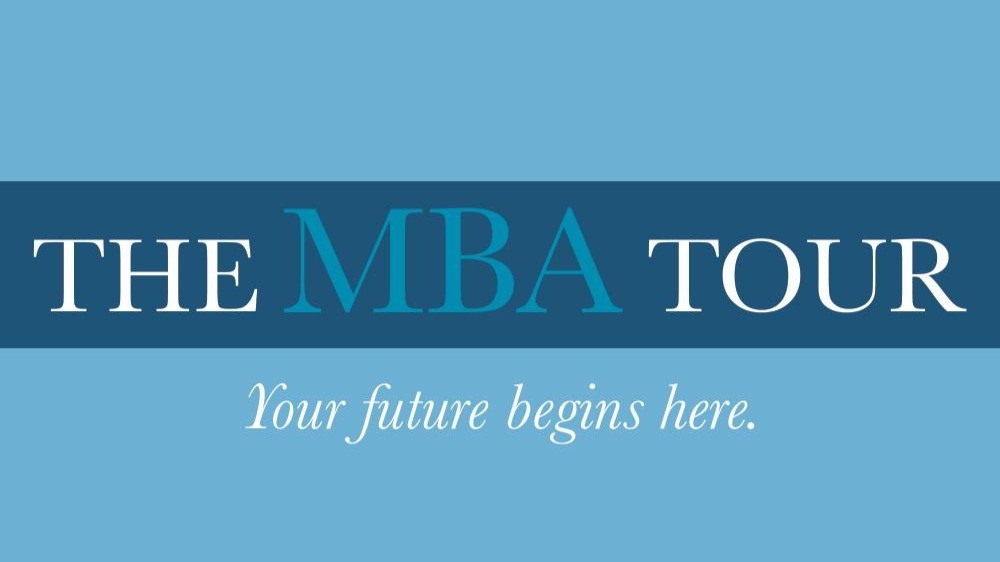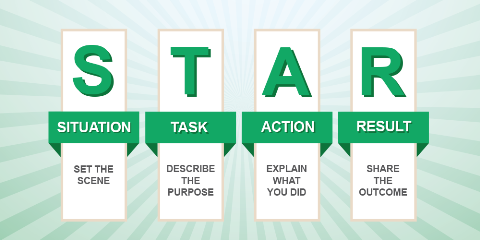There is a real lack of transparency when it comes to MBA admissions consulting. How will it help me? Often, candidates think it is just about the consultant telling you what to do, which schools to select or what your chances might be at HBS.
I hope this list brings you a greater understanding of what MBA admissions consultants deliver to their clients, or at least what I am confident I can bring to the table.
It’s important to not only look at the cost of hiring a coach, but the immediate, short-term and long-term benefits of hiring a consultant. I help my clients increase their chances of admission, but most also receive a scholarship that hugely outweighs my fees. Furthermore, my clients are frequently much better positioned to secure an MBA internship offer early on because we have laid all the groundwork during the application process.
On that note, here are 40 reasons why I believe it can be beneficial to hire an MBA admissions coach:
1. Ask the right questions
I am highly trained in the art of asking questions that bring forward stories – stories that differentiate you and align with what the admissions committees are seeking in applicants.
2. Match what you have to what the adcom wants
Coaches get to know you well… probably better than you know yourself. From this perspective, we are able to help you show the qualities you have that the adcom cares about.
3. Identify transferable skills
For those trying to pivot in a career, coaches can help illuminate the qualities that you will bring to a new industry.
4. Identify the right schools and program
There are many different MBA programs and each has a unique set-up and culture. It can be difficult to know which is the best fit for your learning style. As a coach, I help clients find the right one for them.
5. Shut down the noise
I work with dinged applicants all of the time who leaned on friends, colleagues, and mentors who don’t understand MBA admissions. For example, encouraging you to avoid discussing weaknesses or vulnerabilities. Fatal advice.
6. Certainty> Momentum> Speed
I help my clients stay focused so that they can advance in their application with momentum and confidence. Together, we will determine the right activities for you to pursue that will get you closer to your goal of admissions.
7. Cut words, cleaner message
Many applicants are overly convoluted and wordy in their applications. I will help you cut away the excess and focus on what is actually important, so the adcom can clearly see your value.
8. Levity and emotional support
I make you laugh when you’re tired or overwhelmed. I provide consistent encouragement when you are feeling insecure and wobbly.
9. Brutal honesty
I will never lie to you to make you happy. I don’t even know how to do that. I take a stand for what is in your best and highest good, always.
10. Dedicated partner
I am a safe place to land and have a fiercely positive intent for you. My entire focus is on helping you get what you want.
11. Claim your strengths
Even particularly successful applicants are not always aware of the strengths and habits that make them successful. This can require an outside perspective from an unbiased party. As a coach, I am here to provide that perspective and help you present the case for who you are and how you fit into the school.
12. Clear professional identity
My job is to empower my clients with the words they need to describe their brand. This identity will allow you to crush your interviews, work effectively in your cohorts, and eventually succeed in a career.
13. Hit the ground running
When I work with my clients, I give them the same exercises that they do during their first week in business school. That way, they are prepared to excel when they begin their program.
14. Choose the right goals
The insight I gain from getting to know you helps identify viable goals that you can also write and speak passionately about, increasing your chances of success.
15. Get more value out of your B-school experience
Armed with clear career goals, my clients will avoid wasting time recruiting for dozens of industries and will instead be able to focus on academics, clubs, and networking.
16. Research goals
My key to success: research yourself, research your goals, and research the schools. To research your goals, I help you find the right contacts, identify the questions you need to ask, and write to them so you get a response. Even if you switch goals in b-school, you will have built the skills to embark upon that new job search effectively.
17. Research schools
From my personal network, I help my clients connect with alumni of their desired school or help them cold call other alumni who share similar interests and goals. This allows them to build their own networks and get first-hand advice.
18. Find last-minute ways to improve your profile
I spot opportunities that can be quickly implemented, improving how you are perceived by adcom.
19. Credible and memorable application campaign
I work with my clients to create consistency across all elements of their applicants: resume, essays, recommendation letters, application boxes, LinkedIn summary, and interview responses. This creates a synergistic application with a clear message that’s memorable for the adcom.
20. Tools and resources
From my personal experience, I help my clients with the resources that can make the application process less burdensome and more efficient.
21. Personal alumni network
My clients get access to my personal network and these connections help them find a passion for their program.
22. From acronyms to adcom-friendly language
Since I’ve already been through the application process, I am able to isolate industry-specific jargon and translate it into a better understood, universal language. This removes any barriers the adcom may run into when trying to understand your work and achievements.
23. Learn how to tell good stories
As we work together to outline anecdotes, you will learn how to effectively frame stories to be effective in interviews and presentations.
24. Mitigate red flags
I am able to better identify possible red flags that are not always obvious to the applicants themselves. Then, we work together to fix or mitigate their negative impacts.
25. Distinguish yourself from others
I help my clients focus on the unique attributes that help them stand out from other competitors in their profile group.
26. Strategic evaluation of potential recommenders
I guide my clients in their search for good recommenders and evaluate the different variables they need to consider using a complex model.
27. Outline essays
My clients and I outline all of their essays together so the first draft is on track for success, saving time later down the road.
28. Outline recommendation talking points
In order to get the best recommendations possible, we will work together to outline the best anecdotes to share with recommenders, eliminating potential pitfalls and allowing them to present their clients’ strengths in the best possible manner.
29. Polished final product that meets the word count
I edit all of my clients’ essays to accentuate the key objectives of each piece. Together, we will cut away what distracts from the main message. A specific focus and simplicity will make you and your application more memorable.
30. Keen intuitive observer
As an intuitive coach, I am able to tap into my clients’ strengths, patterns, and passions to help them understand their own motivations and convey them clearly.
31. Learn about your values
Being able to clearly articulate your values helps the adcom feel like they understand you, which in turn helps them trust you and root for you. In order to do this, you need to deeply understand your values and be able to articulate them.
32. Why an MBA? What next?
I help my clients identify the “gaps” in their applications and position themselves for success in their MBA programs and post-MBA jobs. This will inform them on how they can best spend their time in b-school and internships.
33. Identify the “brilliance” factor
Initially, stories are just a heap of information. I work with my clients to identify which elements of them are the “brilliance factor,” or what will best set them apart. Because essay word limits are not huge, it’s important to pare down the information to the most important parts: what was the problem, how did you think about it, and how did you approach solving it?
34. Dull description to a movie script
My clients learn how to go from a vague and generic description of themselves to presenting a unique profile with stand-out anecdotes to impress the adcom.
35. Identify transferable skills and strengths
I work with my clients to repackage their strengths and accomplishments in a way that is easily understood by recruiters. This is key for applicants that are looking to pivot in a role or industry.
36. Spot how you have added value
As a third-party observer, I am able to see the concrete results of your work that you may have missed and how your past actions have benefitted the company.
37. Identify application-killing assumptions
It’s easy to get swept up in what you think you “should do” in the application, like “I can’t be too specific or I’ll seem too specialized.” These beliefs will lead to muddled and messy applications that will limit their effectiveness.
38. Create a clear identity for the adcom
By getting to know you well, I will identify the problems that you have solved and help you convey these to the adcom by weaving them into every part of your application.
39. School communication
I aid my clients in their communication with the school in order to help them present the best version of themselves possible. This includes reviews of emails to admissions, interview preparation, and coaching on all other informal interactions.
40. Show you as multi-faceted and well-rounded
We include “fun facts” in your resume and display a sense of humor. This helps adcom see you as interesting, engaging and likable.
If you are Interested in partnering with me on your MBA applications, please fill out my contact form and I’ll get back to you within one business day on next steps.

